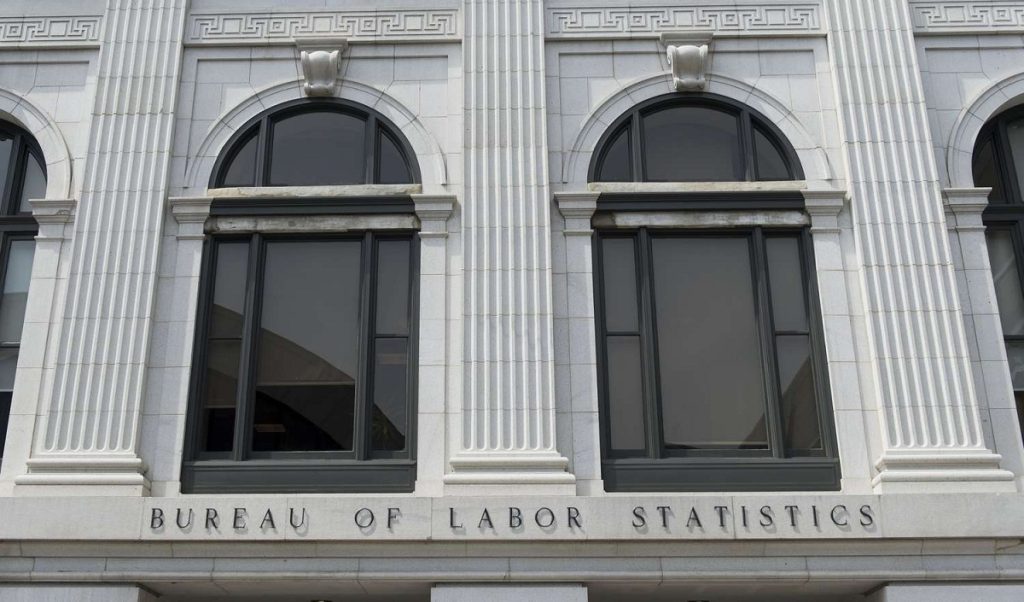U.S. Inflation Rises as Tariffs Take Effect, Trump Pressures Fed and Reshapes Labor Statistics Leadership
Core CPI climbs 3.1% in July, sparking debates over interest rate cuts and the reliability of economic data

The U.S. Bureau of Labor Statistics said on Tuesday that a key measure of consumer prices — excluding energy and food costs — rose at a faster pace in July.
This increase is seen as a sign that inflation is picking up as the effects of tariffs imposed by President Trump begin to ripple through the economy.
The Consumer Price Index (CPI) rose by 0.2%, slightly down from the 0.3% increase in June, with declines in energy and gasoline prices.
However, the core CPI — the metric closely watched by policymakers, which excludes food and energy — rose by 0.3%, compared to a 0.2% increase the previous month.

Over the 12 months through July, the core CPI rose 3.1%, compared to a 2.9% increase the previous month. The overall CPI increased by 2.7%, unchanged from June.
These figures come at a critical moment for the U.S. economy. Many economists expect the Federal Reserve to cut interest rates in September.
President Trump has been pressuring the Federal Reserve to lower rates, but the central bank remains concerned about the inflationary effects of the White House’s tariff policy.
New concerns have also emerged over the reliability of government data after Trump fired the head of the Bureau of Labor Statistics following a weaker-than-expected jobs report.
Last night, Trump announced he had nominated E.J. Antoni, an economist at the Heritage Foundation and a long-time critic of the bureau, to lead the agency.



